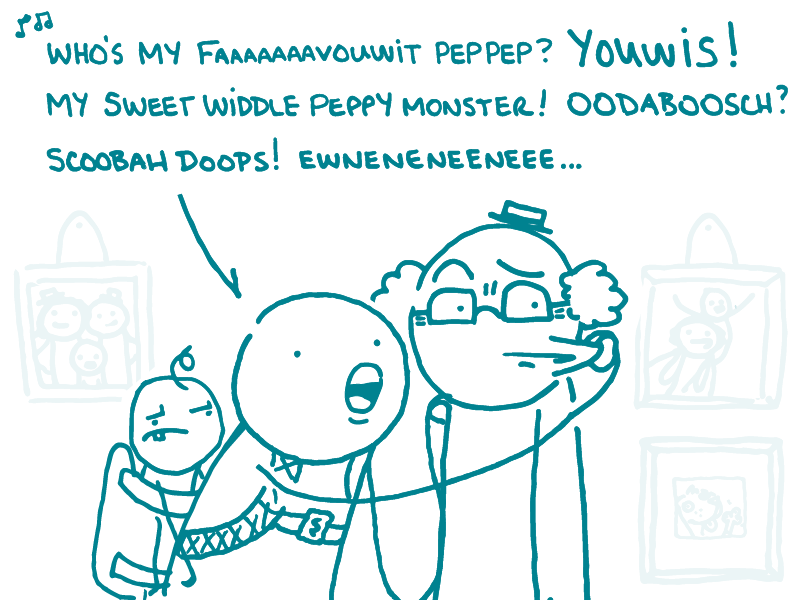
Here at We ❤ Health Literacy Headquarters, we value health communication that shows respect for the audience — that goes for written materials and face-to-face conversations. So today, we’re offering tips to help you avoid a communication style that’s the opposite of respectful: elderspeak.
Elderspeak is an all-too-common, patronizing way of speaking to older adults. It uses:
- Pet names, like “honey” and “sweetie”
- “We” in place of “you”
- Loud, slow speech with a high pitch
Imagine you’re at the doctor’s office and your doctor says to you, “Okay now, hun, we’re going to take this medicine twice a day, once when we wake up and once at beddy-bye. And don’t forget we need to drink water with it — right, sweetie?”
Now imagine your doctor says this instead: “Okay, Phyllis. You need to take this medicine 2 times every day with water — once in the morning and once at night. If you have any questions, feel free to give me a call.”
We don’t know about you, dear readers, but that second scenario would get a much better response out of us. An adult patient is far more likely to follow advice from a nurse, doctor, or other caregiver who treats them like, well, an adult.
So why all the baby talk? Some caregivers may think elderspeak makes it easier for older adults to understand complicated health information — especially patients who have cognitive disabilities, like dementia or aphasia. But there’s research about nursing home care that suggests otherwise — some studies link the use of elderspeak to resistance to care in older adults with dementia.
So, skip the elderspeak! And use these tips when speaking to older adults:
- Treat older adults like…adults. Newsflash! (Hardly.) Just because someone is older doesn’t mean they want to be treated like a tiny baby.
- Use the same tone of voice you would use with any adult. If you’re using the same voice with aging humans that you use with cute little puppies, you’re doing it wrong.
- Check for understanding. Rather than assuming patients don’t get it, do a “teach back” to make sure you’re on the same page.
- Match your communication style to the individual, not their age range. Diseases like Alzheimer’s may require special approaches to communication. But not every older adult has cognitive problems, and elderspeak is never the solution.
The bottom line: Skip the elderspeak to show respect — and improve health communication with older adults.
Tweet about it: To respect your elders, skip the elderspeak! Check out @CommunicateHlth’s #HealthLit tips for talking with #OlderAdults: https://bit.ly/2LtL26
Browse recent posts